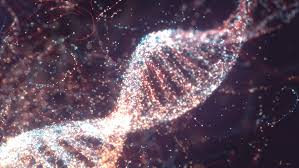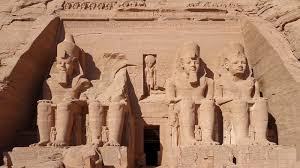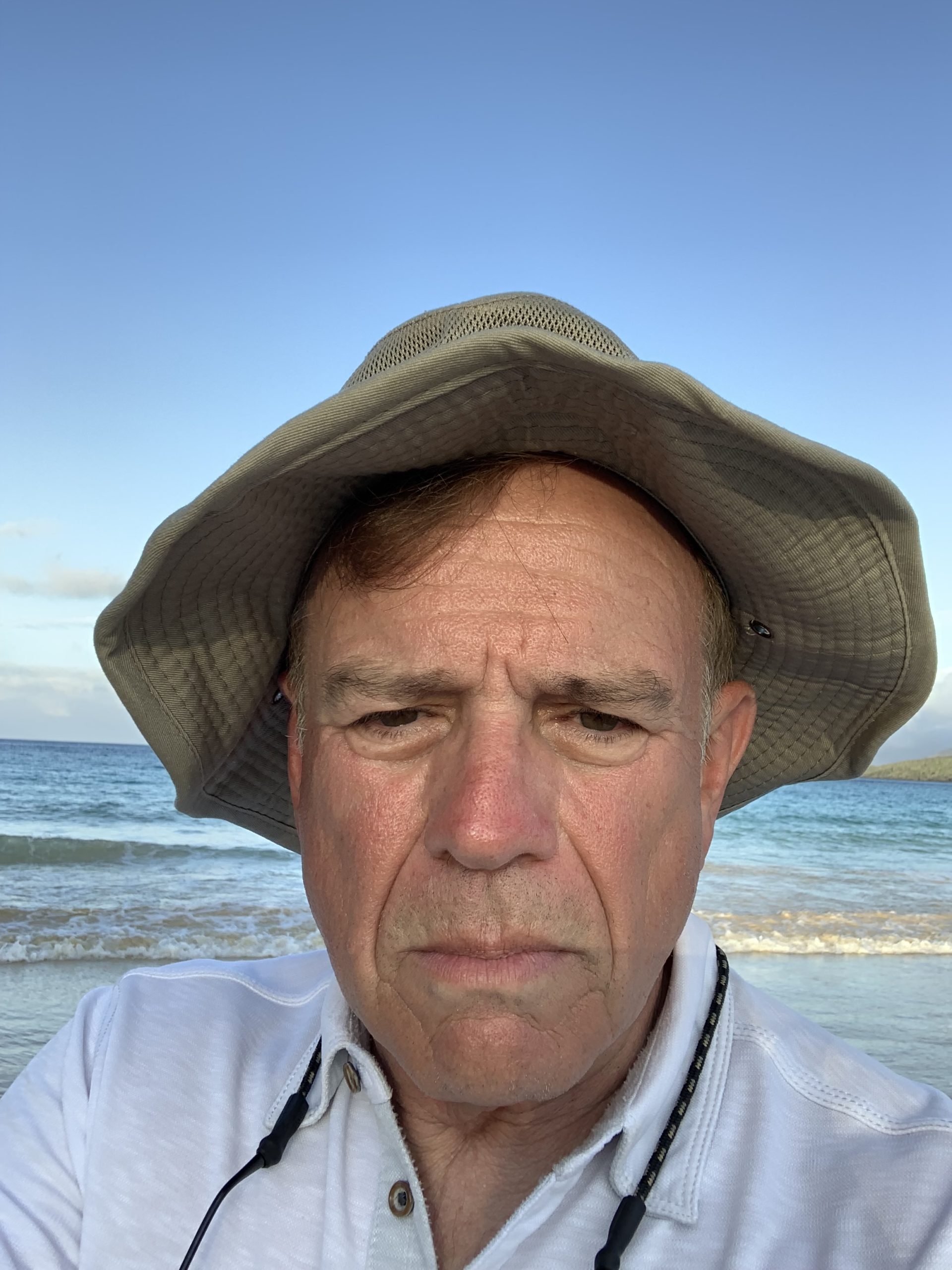By Peter Pavarini
I’ve been trying to identify the one thing I’ve owned the longest amount of time. I thought it might be a favorite article of clothing such as an old sweatshirt or jacket from my school days. However, after downsizing a few years ago, anything like that probably ended up at the Goodwill or disappeared in a yard sale.
Books, Guitars and Other Things
I also considered whether the oldest thing I own is a hardbound book in my rather large non-digital library. I’m particularly proud of a first edition copy of F. Scott Fitzgerald’s The Great Gatsby with the five typographical errors that only appeared in the novel’s first printing[i]. The nearly 100-year-old book was a gift from a friend while I was still in my twenties. Having owned it for less than half of its life, I continued to search for something older.

That brought me to the various guitars and other stringed instruments I’ve collected through the years. To be honest, my modest musical ability never justified the number of beautiful instruments I’ve owned. I just love the craftmanship of American-made acoustic guitars. Therefore, my 1966 Gibson J-50 seemed like a strong contender for the oldest thing I own. I bought it after my teenage rock band The Night Riders broke up, and I ventured on a solo career. Although that too was only a pipedream, my Gibson remains the workhorse of the band I’ve played with for over twenty years and is certainly one of my most cherished possessions.
Then it occurred to me, the oldest thing I own must be my body! You know, “my body, my choice” and all that. I even have the provenance to prove just how long I’ve occupied this mortal coil. In law school, I learned that “possession is nine-tenths of the law” so certainly this would be an open and shut case.
The Stuff We Are Made Of
However, I once read that the body you occupy today is hardly the same body you were in only a year ago, much less earlier in your life. Incredible as it may be, 98% of the atoms in every human body are renewed annually. In fact, 1% of our cells are replaced every day – that’s 330 billion with a “b”. More importantly, I retained enough high school science to remember that we’re mostly water anyway – about 70% to be precise. Half of that H2O gets flushed away every seven days, which probably explains the need to make more trips to the loo as one gets older.

Even more incredibly, almost 50% of our bodies isn’t of human origin. You don’t even need to be a fan of Jack Finney’s 1955 classic The Invasion of the Body Snatchers to appreciate that all those bacteria, viruses, fungi and other nasty things we carry around (mostly in our bowels) take up a great deal of room.
For those of us who believe we are all unique creatures made in the image of God, a few of our body parts fortunately are more durable. For instance, as nearly every viewer of TV crime shows knows, a person’s DNA is unique and never changes. It’s the same from the day you are born to the day you die. Fat cells can take up to 70 years to renew. That’s why it’s so hard to lose weight after a certain age – your body desperately wants to hold on to that adipose tissue which builds up around your waist. Also, the neurons in the cerebral cortex of one’s brain largely remain intact throughout life – the exception being what happens in cases of dementia.
The more I learned about human anatomy, the more I realized I was barking up the wrong tree. If my body isn’t much more than a temporary storage unit for recycled and foreign goods, why would I want to claim ownership of something like that?
No, the oldest thing I own isn’t something material at all. It must be something incorporeal[ii].
Our Inherent Uniqueness
Regardless of one’s faith – or absence thereof – a person’s identity transcends the physical world with characteristics that are more lasting than one’s name, lineage or mark left upon the earth. We all achieve our uniqueness in different ways. While the pharaohs of ancient Egypt built monumental structures to memorialize their brief sojourns on earth, forgotten people buried in unmarked graves had as much claim on human existence while they were here.

With rapid advances in medical science and the advent of artificial intelligence, what it means to be human is a continuing topic of debate. There are those who say that the human species is at the threshold of a new age – homo sapiens 2.0, so to speak.
The Freedom to Be in the World but Not of It[iii]
Rene Descartes, the 15th century French philosopher wrote in Latin: cogito, ergo sum – “I think, therefore I am”. Since the Enlightenment, this expression has been the foundation of all rational thought. However, in a time of radical doubt, like now, some have proffered alternative philosophies premised on a world without humans.[iv] These are surely subjects worthy of further discussion, but not here, not now.
Consequently, I’ve concluded that the oldest thing I own is really the only thing I own – the person I am apart from all else. That may not seem like much but it’s the only thing that gives me the freedom to be myself, unshackled from all the temporal things of this world.
[i] An original copy of the 1925 American classic would be worth a small fortune if it still had its original dust jacket. Sadly, my copy does not.
[ii] A thing not composed of matter, having no material existence, such as a ghost.
[iii] See John 17:15-16
[iv] Alan Weisman, The World Without Us, MacMillan (2007).

Be First to Comment